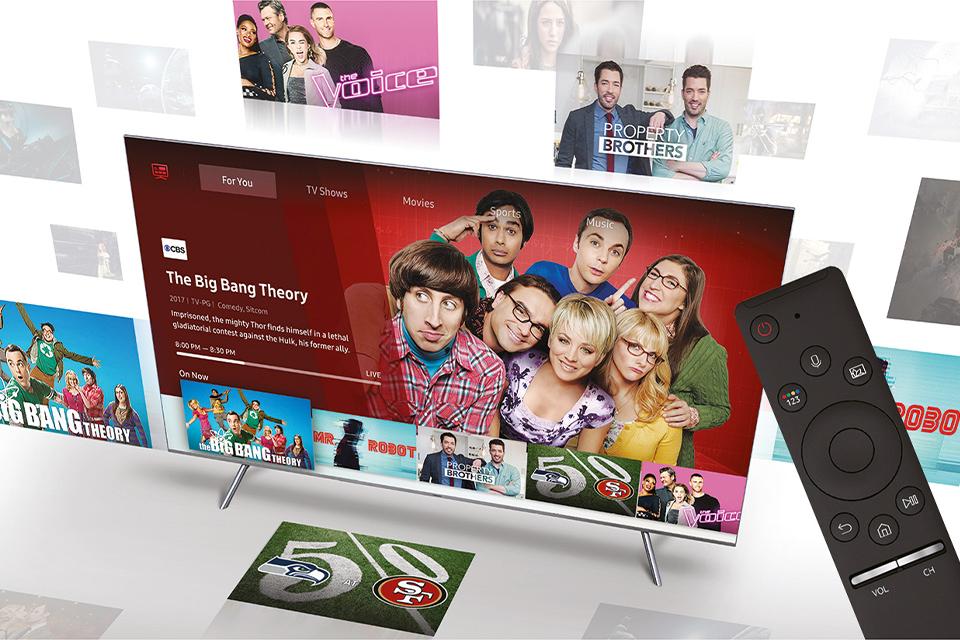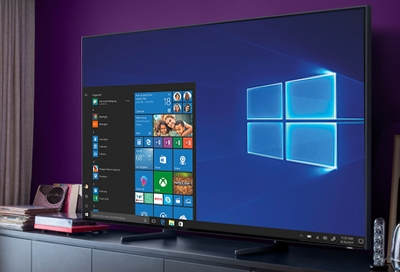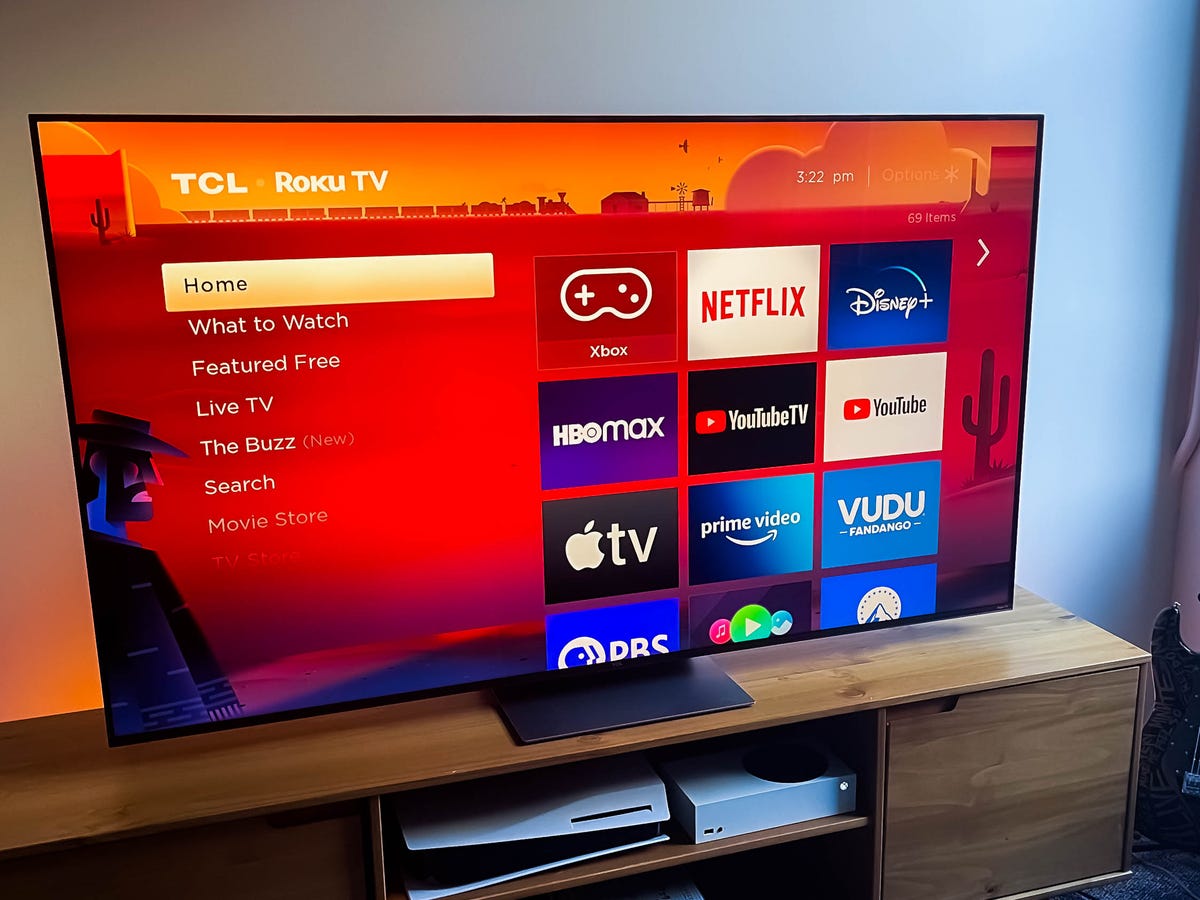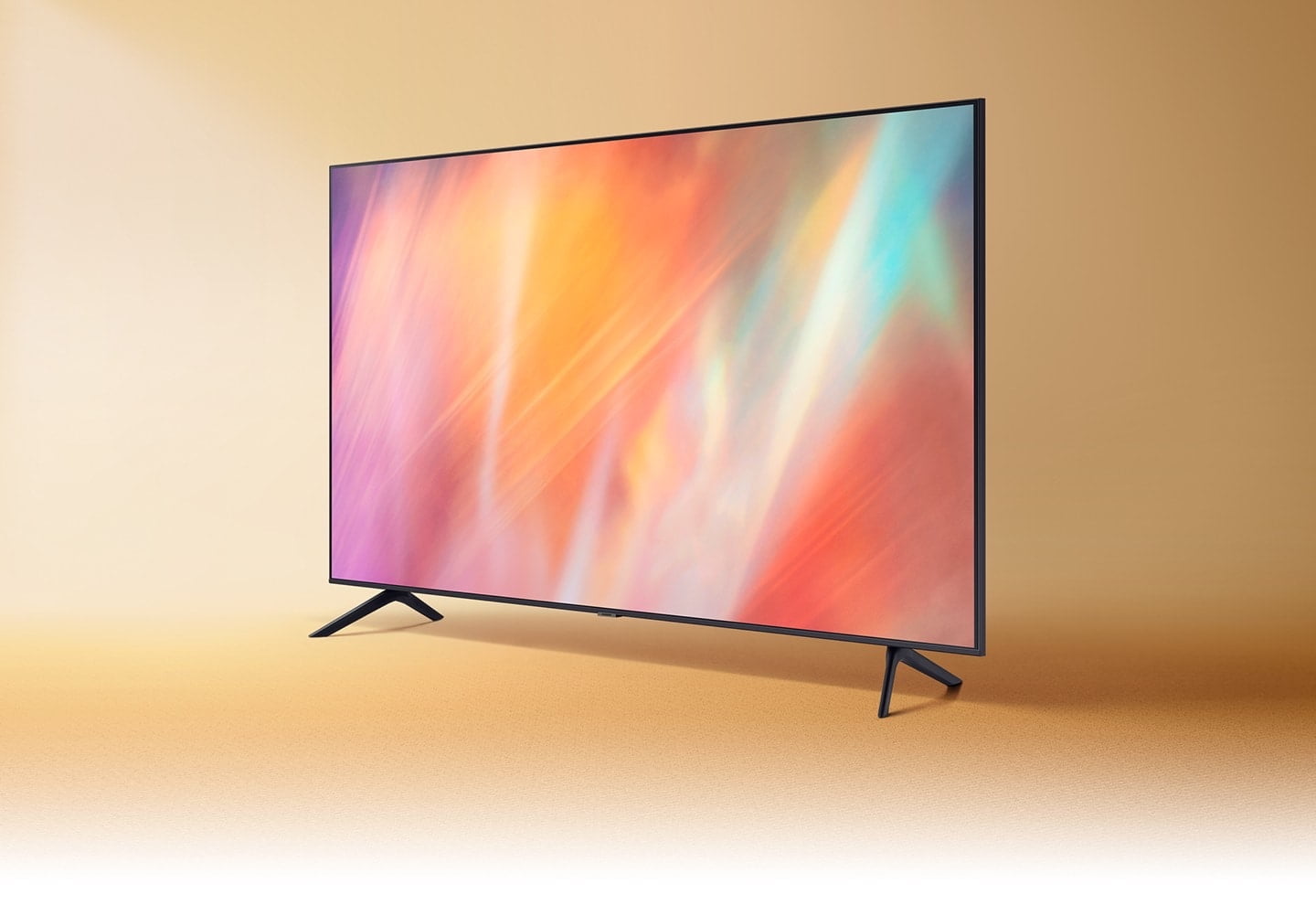Television is a popular form of entertainment that has been around for decades. It has the ability to educate, inform, and entertain people of all ages. But does television make you smarter? The answer is not a simple yes or no.
On one hand, television can certainly be a source of knowledge and information. There are many educational programs and documentaries that can teach viewers about a wide range of topics, from history and science to art and culture. These types of programs can certainly increase one's knowledge and understanding of the world around them.
In addition, television can also help improve critical thinking skills. Many popular shows, such as news programs and game shows, require viewers to pay attention and think critically about the information presented to them. This can help to develop problem-solving and analytical skills, which can be useful in various aspects of life.
However, it is important to note that not all television programs are educational or intellectually stimulating. Many shows are simply meant to entertain and provide a form of escapism, rather than providing any real educational value. In fact, some studies have shown that excessive television watching can actually have a negative impact on cognitive development in children.
Furthermore, it is important to consider the role of balance in television consumption. While some educational programming can be beneficial, it is important to remember that television should not be the only source of information and learning. Reading, participating in hobbies and activities, and interacting with others are all important ways to stimulate the mind and expand one's knowledge and understanding of the world.
In conclusion, while television can certainly be a source of knowledge and educational programming, it is not a replacement for other forms of learning and should be consumed in moderation. The key is to find a balance and choose programming that is both entertaining and intellectually stimulating.









